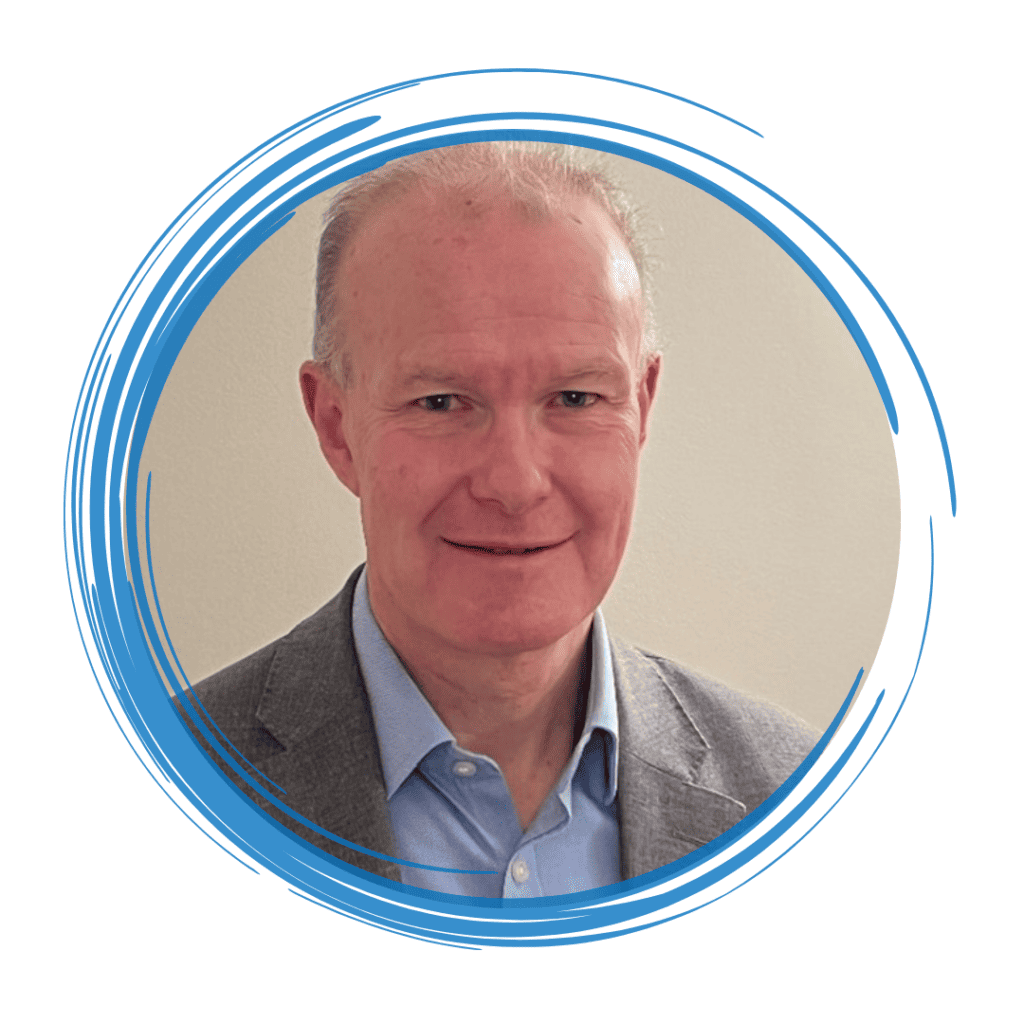With a career spanning four decades in the NHS, it was tricky for our latest Five Minutes With feature, Nigel Barnes to summarise it.
Chief Pharmacist, Nigel summarises his pharmaceutical career and why he decided to work specifically in the mental health sector. He also discusses the common misconceptions surrounding mental health medications and touches on new drug trials that are hitting the headlines.

Hi Nigel, please could you start by telling us a little bit about yourself and what you do at Team BSMHFT?
I have had a very varied career within the NHS over 40 years working in acute hospitals, community pharmacy, primary care, and latterly mental health. I have always had an interest in mental health since I spent a week at Rubery Hill Hospital back in 1985. I was also fortunate to get involved in mental health services when I worked at Walsall Primary Care Trust which managed mental health services in Walsall.
Just before I came to BSMHFT, I was looking for a career change and met my predecessor Martin Reed, who told me he was retiring. At around the same time, I was involved in national work on Healthcare Commission reviews of medicines management in acute hospital services and mental health services. Nationally the focus was on improving medicines management in acute hospital services, but I was pushing for a focus on mental health which was so far behind acute trusts at the time. I applied to be Martin’s successor and with a bit of luck got the job!

I have thoroughly enjoyed working with a very committed group of professionals over the years who take their speciality very seriously. I hope that I have been able to contribute to the work of the Trust as well as the pharmacy service. I am fortunate to work with some great pharmacy teams in BSMHFT who work extremely hard, often behind the scenes and unnoticed to ensure that our patients receive the medicines they need, and our clinical staff receive good advice on medicines.
What are some of the common misconceptions you hear about medication for mental health?
I think a common one in mental health that I come across is that medicines are used to ‘drug’ people, so they ‘comply’ and don’t cause problems. I have never come across professionals in this Trust using medicines solely for this reason. Psychiatrists, nurses, pharmacists, and others that I meet want to use medicines to help people get better so they can get on with their lives the best they can. I don’t think anyone would want to use medicines such as antipsychotics, lithium, antidepressants without good reason. All medicines can cause side effects and they can be unpleasant, so there must be a good reason to use them in the first place.
Are you aware of any exciting new drug trials relating to mental health?

There are many clinical trials ongoing for new drugs in psychosis, dementia as well as other conditions such as Huntingdon’s disease. Some will make it to market, but many will fail along the way, or their development is halted by the developing company. Many medicines are launched with a trail of publicity and described as major advances when they are often an incremental advance. There is a lot of interest in the new dementia drugs but whether they make a big difference to peoples’ lives remains to be seen. Further, longer term studies are needed before we can answer this with certainty. What they do give, however, is more hope and a focus on the condition, which may be helpful in itself.
Has there ever been a stand-out moment in your career that has made you pause and reflect?
Many times over the years. In my time in mental health services, I have learnt many things from my own mistakes, listening or working with other people from my own or other disciplines as well as friends and family. The earliest moment for me was during my training at Selly Oak Hospital when I worked on a ward for a week. Prior to that, working in Pharmacy, I was surrounded by people who lived and breathed medicines all day. On the ward, medicines were a very small proportion of the daily work and whilst important, it helped to put medicines into a very good perspective. They are used to help people treat symptoms, prevent ill-health, or improve life expectancy but always used in the background of life. I have always remembered that and will remind people that as long as we use them sensibly and cautiously, we should fit the use of medicines around our own daily life.
Past, present, or future, what three people would you most want to sit down for a meal with?
A hard question to answer but I would start with Winston Churchill. He was always an outsider but stuck to his principles that gave him the resilience and stamina to get the country through World War 2. Next, I would want to meet Billy Bremner, a childhood hero in the classic Leeds United team of the 1960s and 1970s. A great footballer, leader who helped get the best from some good footballers as well as having lots of grit and determination. Finally, Neil Peart, drummer and lyricist with the rock band Rush who could tell great stories but also very cleverly articulate a variety of different viewpoints on many aspects of life and society in his songs.

Tell us something that people might not know about you.
I like being outdoors but for many years I belonged to a league ten pin bowling team and won several awards both individually and with the team, with a career high score of 270.
Describe yourself in three words.
Hard-working, adaptable, committed.
Published: 18 January 2024








